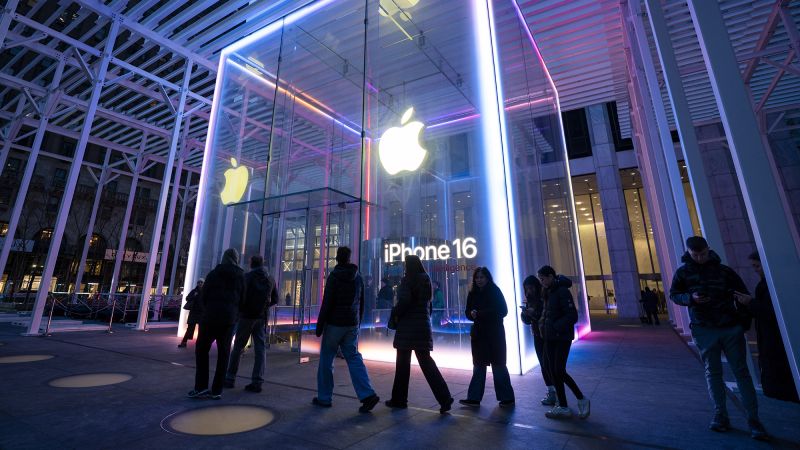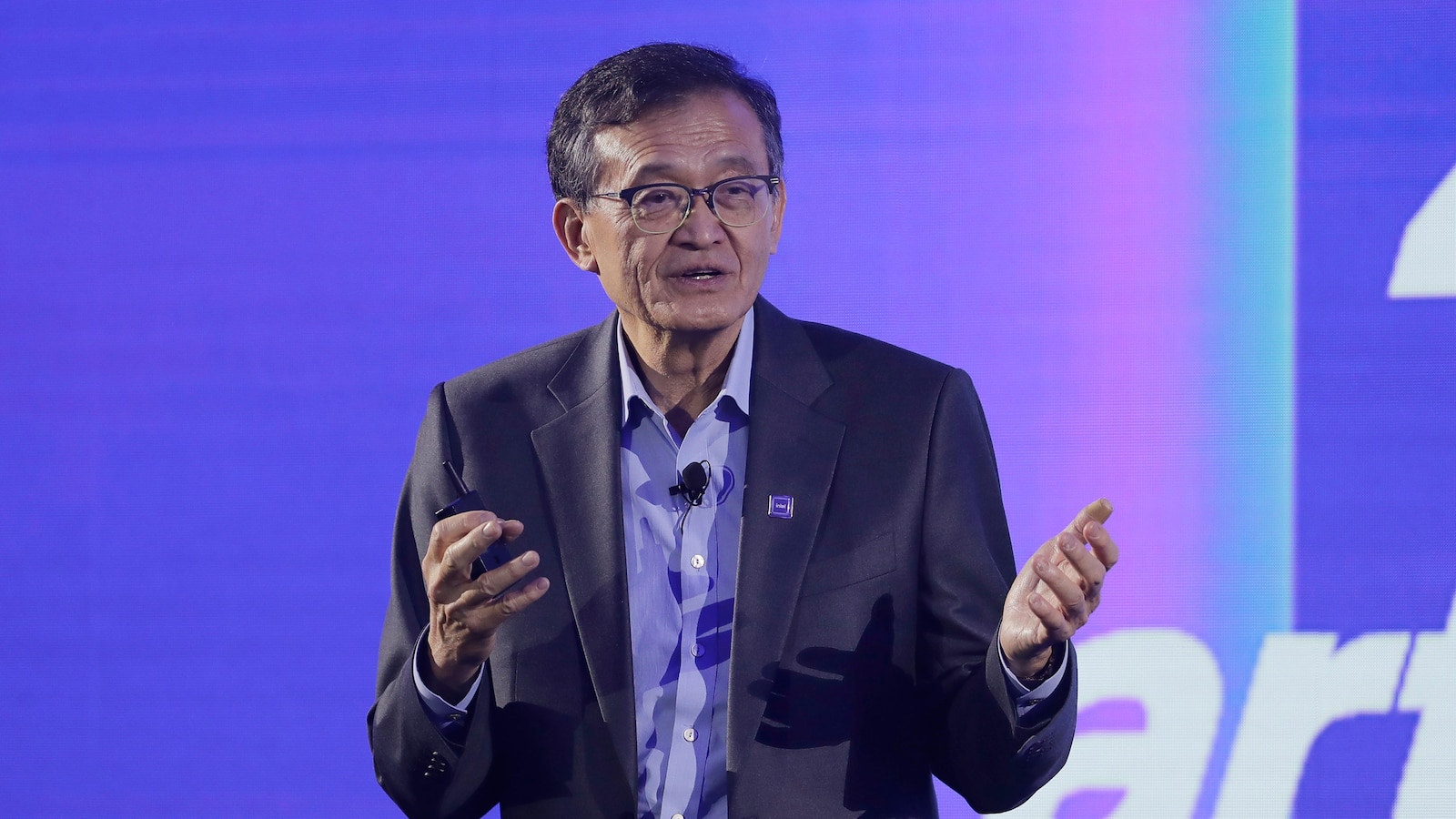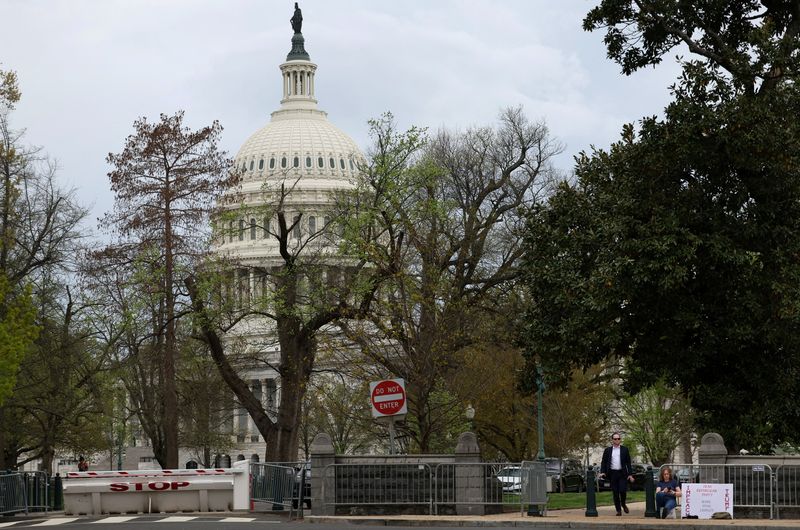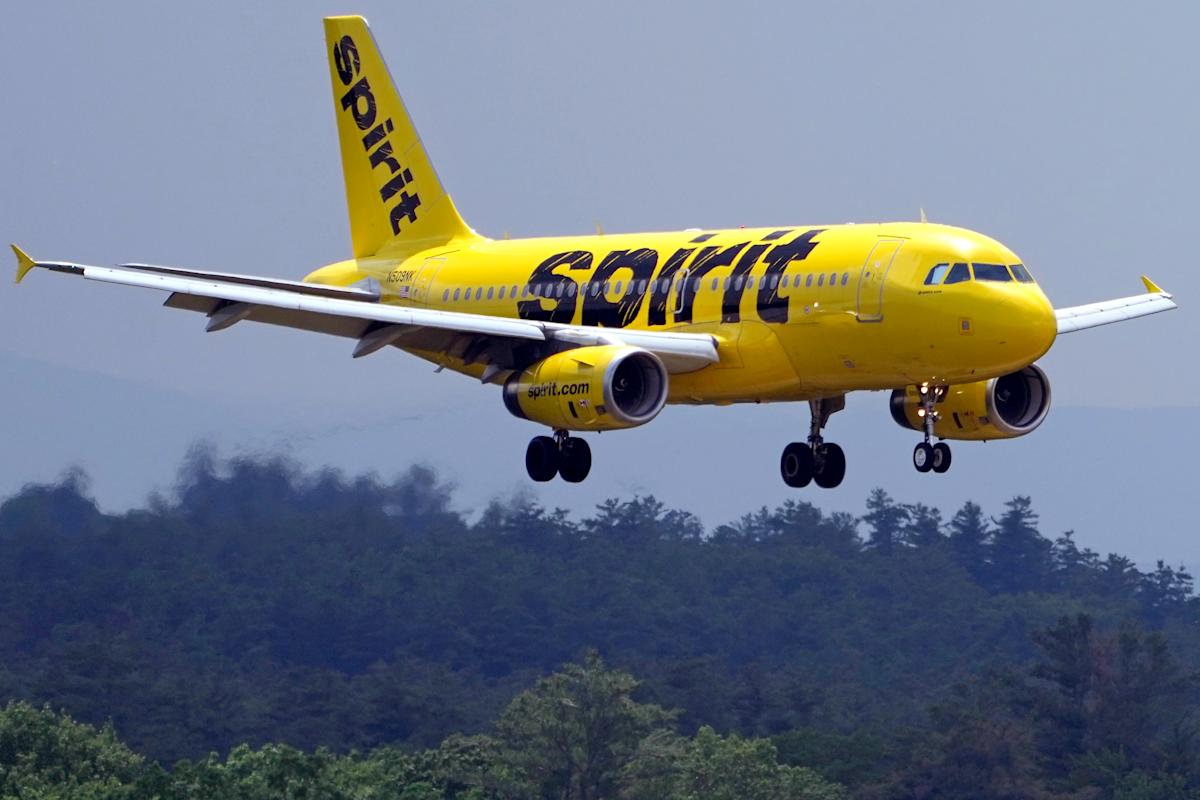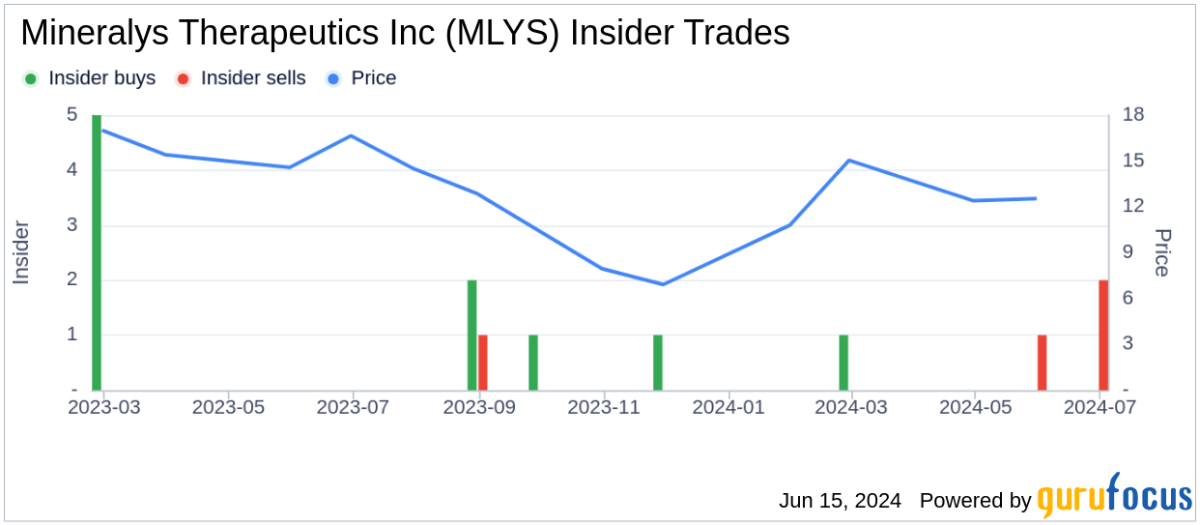Berkshire Hathaway Profits Drop as Cash Hits Record

Earnings Decline and Key Drivers
Berkshire Hathaway reported a 14.1% decline in its first-quarter operating earnings, totaling $9.64 billion compared to $11.22 billion in the same period last year. The drop was primarily attributed to weaker performance in its insurance underwriting segment, which faced challenges including claims and losses. Furthermore, net income, which includes fluctuations in the value of Berkshire’s stock investments, fell sharply to $4.6 billion from $12.7 billion in the previous year. This significant decline highlights the impact of both operational headwinds and broader market volatility on the conglomerate's financial results.
Record Cash Reserves
Berkshire Hathaway ended the first quarter with a record-high cash reserve of $347.7 billion, up from $334.2 billion at the end of 2022. This increase underscores the company's cautious approach to capital deployment amid elevated market valuations and limited opportunities that meet Warren Buffett’s stringent investment criteria. Notably, Berkshire was a net seller of stocks for the 10th consecutive quarter, purchasing $3.18 billion worth of equities while selling $4.68 billion. Despite investor anticipation, the company refrained from significant stock repurchases during the period.
Investor Interest and Annual Meeting Highlights
The annual Berkshire Hathaway shareholders meeting, a marquee event for investors, once again drew tens of thousands of attendees eager to hear Warren Buffett’s views on the economy and the company’s strategy. A key focus for shareholders this year was Buffett's perspective on the company’s growing cash pile and the potential for future investments or acquisitions. Buffett’s prudent approach, coupled with the record reserves, has sparked speculation about when and how the company might deploy its capital. This year’s meeting reinforced Buffett’s enduring influence as one of the most closely followed voices in global finance.
 Sources
Sources- Berkshire Hathaway's operating profit falls Q1, cash pile rises
 yahoo
yahoo - Warren Buffett's profits fall wildfire losses thousands line listen Saturday
 yahoo
yahoo - Warren Buffett's Berkshire Hathaway Operating Earnings Drop, Cash Pile Hits Record High
 yahoo
yahoo - Warren Buffett's Berkshire Hathaway Operating Earnings Drop, Cash Pile Hits Record High
 investopedia
investopedia
Top News
Related Articles
- Berkshire Hathaway's operating profit falls Q1, cash pile rises
 yahoo
yahoo - Warren Buffett's profits fall wildfire losses thousands line listen Saturday
 yahoo
yahoo - Warren Buffett's Berkshire Hathaway Operating Earnings Drop, Cash Pile Hits Record High
 yahoo
yahoo - Warren Buffett's Berkshire Hathaway Operating Earnings Drop, Cash Pile Hits Record High
 investopedia
investopedia
Sigh Up to Get Intellectia Insights
What factors contribute to Berkshire Hathaway's resilience during market downturns?
How does Warren Buffett's investment strategy reflect caution in an overheated market?
How might Greg Abel's leadership impact Berkshire Hathaway's financial performance post-2025?
Will Berkshire Hathaway's cash reserves lead to significant acquisitions in the future?
What does the Kraft Heinz writedown indicate about Berkshire's investment strategy?
People Also Watch












